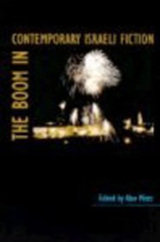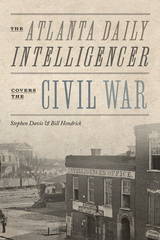
Over the past four decades Ruth R. Wisse has been a leading scholar of Yiddish and Jewish literary studies in North America, and one of our most fearless public intellectuals on issues relating to Jewish society, culture, and politics. In this celebratory volume, edited by four of her former students, Wisse’s colleagues take as a starting point her award-winning book The Modern Jewish Canon (2000) and explore an array of topics that touch on aspects of Yiddish, Hebrew, Israeli, American, European, and Holocaust literature.
Arguing the Modern Jewish Canon brings together writers both seasoned and young, from both within and beyond the academy, to reflect the diversity of Wisse’s areas of expertise and reading audiences. The volume also includes a translation of one of the first modern texts on the question of Jewish literature, penned in 1888 by Sholem Aleichem, as well as a comprehensive bibliography of Wisse’s scholarship. In its richness and heft, Arguing the Modern Jewish Canon itself constitutes an important scholarly achievement in the field of modern Jewish literature.


Alan Mintz has discovered a new sub-genre of fiction: the novel of vocation. In the nineteenth century, he maintains, work ceased to be merely what one did for a living or out of a sense of duty and became a vehicle for self-definition and self-realization. The change was prepared for by the growth of professions and the increase in middle-class career opportunities. He shows how George Eliot, in particular, linked these new social possibilities to the older Puritan doctrine of calling or vocation, achieving in her late novels a fictional structure that could encompass the conflicting energies of the age. In the idea of vocation she found a way to explore how far it is possible to be ambitious both for oneself and for a large cause, and a way to probe the contradictions between ambitious, self-defining work and the older institutions of family, community, and religion.
The book is solidly grounded in cultural and historical reality. Although Mintz concentrates on George Eliot and especially Middlemarch, he also examines the conceptions of self and work in Victorian biographies and autobiographies and the emergence in late-nineteenth-century fiction of the idea of the vocation of art.
READERS
Browse our collection.
PUBLISHERS
See BiblioVault's publisher services.
STUDENT SERVICES
Files for college accessibility offices.
UChicago Accessibility Resources
home | accessibility | search | about | contact us
BiblioVault ® 2001 - 2024
The University of Chicago Press









